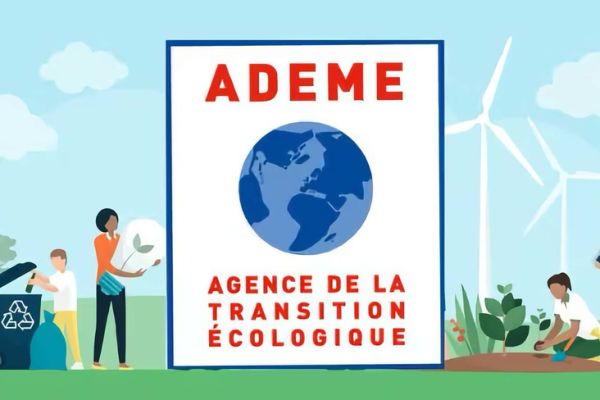The French Environment and Energy Management Agency (Ademe) plays a central role in helping companies, local authorities and citizens to reduce greenhouse gas emissions and promote a low-carbon economy. Its missions include the energy renovation of buildings, the deployment of renewable energies and the decarbonization of industry. These programs mobilize substantial funding, including the heat fund (800 million euros) and investments under the France 2030 plan (1.7 billion euros).
In recent weeks, however, Ademe has become the target of political criticism, notably from right-wing figures such as Laurent Wauquiez, Valérie Pécresse and Gérard Larcher. They accuse the agency of administrative duplication with other bodies such as the regions or the Banque des territoires, as well as a budget they deem disproportionate.
Budget management under fire
With a projected budget of 4.2 billion euros for 2024, Ademe is one of the most endowed public agencies. According to critics, this sum reflects a waste of public money, not least because of what they see as high operating costs. Yet, according to Ademe CEO Sylvain Waserman, 92% of spending is directly redistributed to the regions in the form of subsidies or support schemes. Operating costs account for just 8%, including the agency's 150 researchers and 500 engineers.
What's more, a report by the French Inspectorate General of Finances (IGF) published in 2023 concluded that Ademe's finances were rigorously managed. The same report even recommended an increase in staff numbers to meet the growing challenges of the ecological transition.
Mission effectiveness in the face of criticism of duplication
Another point raised by opponents concerns the effectiveness of Ademe's missions. Valérie Pécresse, President of the Île-de-France region, claims that many projects funded by Ademe are also funded by other public bodies. However, the agency's representatives refute these accusations, insisting on their complementarity with the regions and other organizations. In their view, Ademe's scientific and technical expertise is unique and essential to ensure that methodologies are adapted to environmental issues.
The proposal to transfer Ademe employees to regional administrations also raises questions. The majority of Ademe employees are under private contract, making such a transfer complex. This structural specificity shows that the agency does not operate like a conventional administration.
Ademe faces the challenge of budget rationalization
In the context of public spending cuts announced for 2025, the government has asked public agencies to make a 5% budgetary effort. Ademe is no exception. By 2024, it has already reduced its equity capital by 38%, representing a cut of 210 million euros. These measures are designed to reconcile the ecological imperative with budgetary constraints.
For Ademe's CEO, however, this effort is limited by the growing need for ecological financing. The increase in budgets allocated to Ademe in recent years reflects the urgency of the climate and the ambitious carbon neutrality targets set by France for 2050.
The ecological transition in question
Beyond criticism of Ademe's budgetary management, the attacks on the agency reveal a broader debate on the priorities of public spending. Ademe's defenders point out that investment in the ecological transition is necessary to limit the impacts of climate change, which could generate much higher costs if no action is taken. The Institut de l'Economie pour le Climat points out that "the cost of action is lower than the cost of inaction".
This question goes beyond financial issues to examine the role of public policy in the fight against global warming. The criticisms levelled at Ademe are part of a more general questioning of decarbonization objectives and the resources allocated to achieve them.








